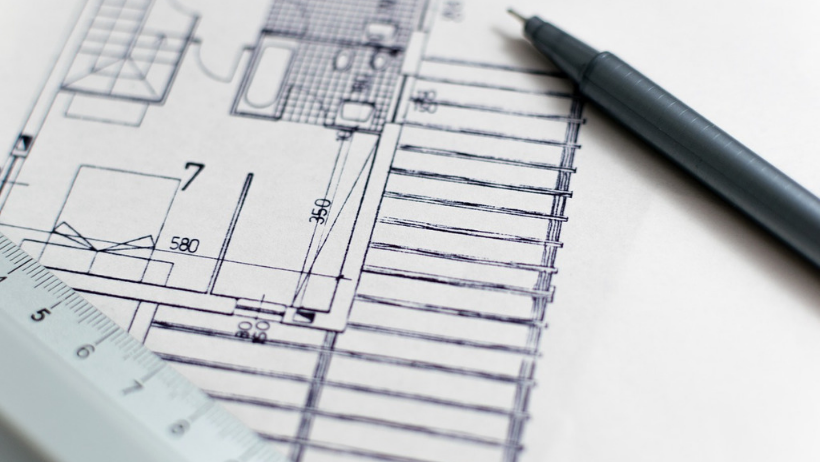A year and a half ago, Duncan and I decided to move forward with a major renovation of our home. We were desperate for more space for our growing family and wanted our house to fully function for our daily needs. As we started the process, it became clear that given the age of our home we needed to test for lead and asbestos. Chances were slim, but better safe than sorry. Different people came to our house and took what you might call biopsies of our walls to determine if there was anything that would be poisonous to the people who would come in contact with the inside of those walls as they reconstructed our space.

Even though we believed our house was pretty low-risk (it was built in the 1980s), was it possible we had been living in our house for four years while our son and daughter were being exposed to dangerous substances? Was our house suddenly no longer this safe space we assumed it was to raise our family? And then if they started construction, would the dust particles spread and contaminate everything? We couldn’t be 100% sure until the tests all came back safe.
Asbestos and black mold might be the modern dangers of the past few decades, but concern about the safety of our living spaces goes back as far as the Torah. This week’s Torah portion, Metzora, is a pause in the narrative between the death of Aaron’s sons and his mourning process and then rejoining the community. The text details the healing and purification processes of physical buildings and our nation of Israel. These processes require different actions for different circumstances.
Chapter 14, verses 33-53 deal entirely with construction. That is to say that this section of text is entirely devoted to making sure that we are aware that our homes and buildings are holy vessels that help to sustain life, and if they are not safe spaces, then our community is at risk.
It is a Torah mandate to make sure that our living spaces are safe. Whether this means making sure we are lead free or asbestos free, or that our homes have safety measures in place for fires or other destructive forces, it is imperative that we are creating warm, loving, and safe environments for our children to grow in. While doing the construction served a much bigger purpose than checking for harmful toxins in our sacred family space, I was still glad to know that our home was and is as safe as we can make it for our children and all who come to play there.



